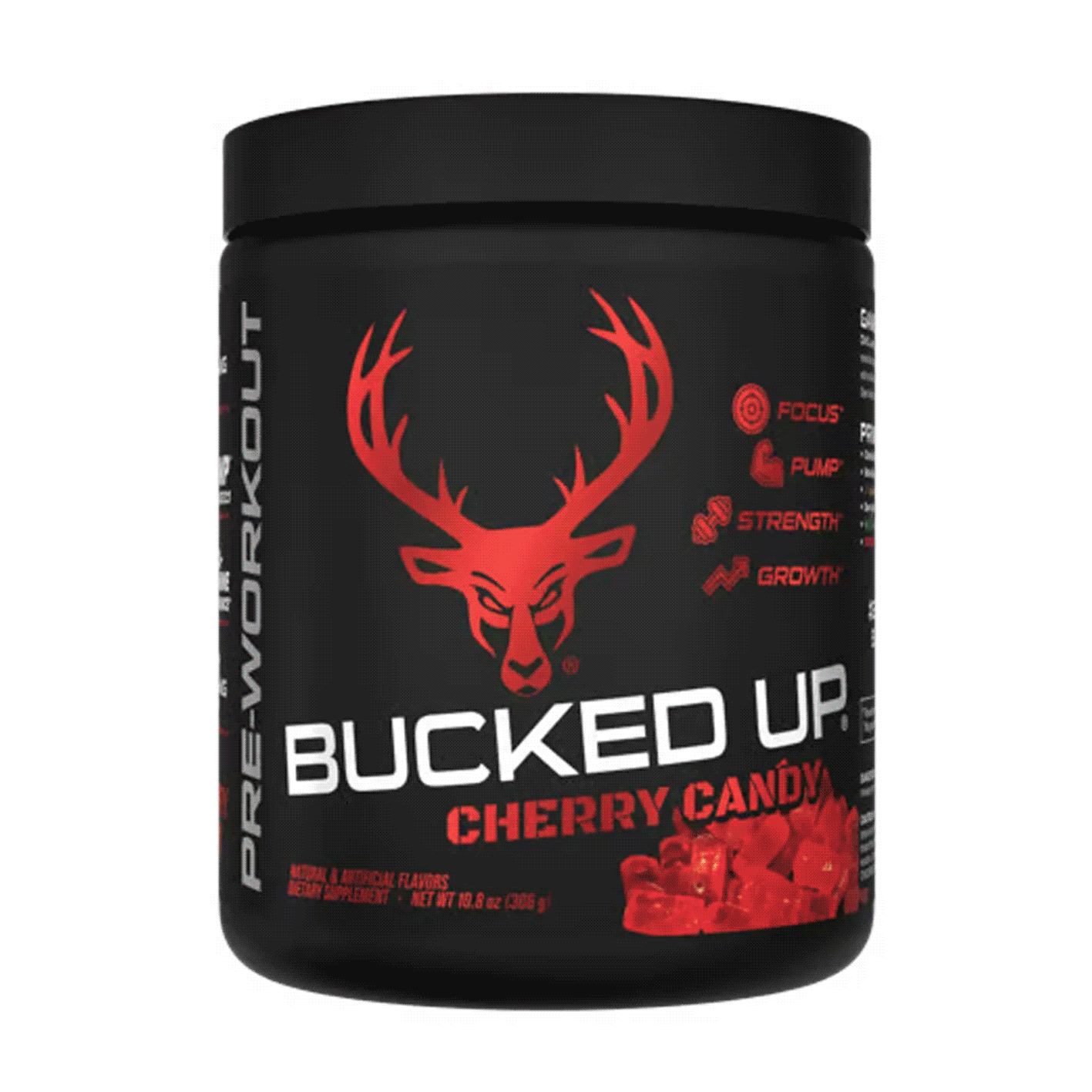Struggling with lactose but still need enough protein? You’re not alone. Millions deal with digestive discomfort from dairy, making protein intake a challenge. Let’s break down lactose in protein drinks, explain why whey protein isolate works for most sensitive stomachs, and highlight a tasty, convenient option to hit your goals without the bloat.
Want protein without the heavy shakes or extra calories? Bucked Up Protein Soda delivers 25g of whey protein isolate in a refreshing, light drink. Perfect for after workouts, managing weight, or just a quick protein boost. Check it out on Amazon.

What Exactly Is Lactose, and Why Does It Affect Protein Choices?
Understanding Lactose: The Sugar in Dairy
Lactose, a sugar in milk and dairy, combines glucose and galactose. Your body needs the enzyme lactase to digest it. Without enough lactase, undigested lactose ferments in the gut, causing bloating and other issues. Since many protein supplements come from dairy, knowing how much lactose they contain helps you avoid discomfort.
How Common Is Lactose Intolerance Worldwide?
Lactose intolerance impacts a huge number of people. About 65 to 70% of people globally have some form of lactose intolerance, with high rates among American Indians, Asians, Africans, and Hispanics/Latinos compared to Northern Europeans. In the U.S., 44% of Americans report issues with lactose. This shows why low-lactose protein options matter for so many.
What Symptoms Come With Lactose Sensitivity?
If you’re sensitive to lactose, you might feel bloated, gassy, or get cramps, diarrhea, or nausea within a couple of hours of consuming dairy. For those chasing fitness or weight goals, this can mess with consistent protein intake. Skipping protein due to discomfort might hurt muscle recovery or overall nutrition. Plus, avoiding dairy without alternatives can lead to low calcium and vitamin D levels, so finding digestible options is key.
Comparing Lactose Levels in Different Protein Sources
Whey Protein Concentrate: More Lactose, More Risk
Whey protein concentrate keeps much of milk’s original components, including around 3.5% lactose. With 70 to 80% protein by weight, it still has enough lactose to cause issues like bloating or gas for sensitive folks. While it’s affordable and nutrient-rich, the higher lactose can disrupt consistent use for many.
Whey Protein Isolate: Low Lactose for Easier Digestion
Whey protein isolate goes through extra filtration to reach over 90% protein, cutting lactose down to under 1%. This makes it a safer bet for most people with lactose sensitivity. It also digests faster with fewer calories from fats or carbs, fitting well for post-workout needs or daily protein boosts without stomach upset.
Other Options: Casein, Plant-Based, and Hydrolysate
Casein, another dairy protein, often has less lactose than whey concentrate but can still bother some due to slower digestion. Plant-based proteins like pea or soy have no lactose at all, though they might lack some essential amino acids. Whey hydrolysate, while fast-absorbing, can carry trace lactose, so isolate often remains the better pick for avoiding issues.
Why Pick Low-Lactose Protein Like Whey Isolate?
Digestive Ease for Steady Protein Intake
Low-lactose proteins, such as whey isolate, help you avoid bloating or cramps that might stop you from getting enough protein. Staying consistent with intake supports muscle upkeep and recovery, especially if you’re active or watching your weight. Plus, enjoying protein without dread makes sticking to nutrition plans much easier.
Quicker Absorption for Better Recovery
With minimal lactose and extras, whey isolate gets to your muscles fast. This speed helps during the key recovery window after a workout, easing soreness and boosting gains. More of the protein goes to building muscle rather than getting lost in slow digestion.
Flexibility for Different Diets and Needs
Low-lactose proteins fit into many lifestyles. They work for keto with almost no carbs, or for diabetes by avoiding sugar spikes from lactose. They also suit GLP-1 users who need easy-to-digest protein to maintain muscle. This makes them a handy choice for households with mixed dietary needs.
How to Pick a Low-Lactose Protein That Fits Your Goals
Reading Labels: Spotting Isolate Over Concentrate
Check for “whey protein isolate” as the main ingredient, not “concentrate.” Low or zero carbs on the label usually mean less lactose. Skip products with milk powders or added dairy that could sneak lactose back in. Clear, simple ingredient lists often show higher quality.
Matching Protein to Your Health Aims
Think about what you need. Building muscle? Go for quick-absorbing isolate with a full amino acid range. Managing weight? Look for low-calorie, no-sugar options. If you have medical conditions or take specific meds, talk to a doctor. Also, pick flavors and formats you like to keep using them daily.
Why Bucked Up Protein Soda Works for Lactose-Sensitive People
Low-Lactose Formula for Comfortable Nutrition
Bucked Up Protein Soda uses whey protein isolate, stripping out most lactose for easier digestion. You get the full benefits of whey, like muscle support, without the usual dairy downsides. It’s a practical way to hit protein needs if lactose normally holds you back.

Light, Fizzy Taste in a Grab-and-Go Can
Unlike thick shakes, this soda offers a clear, bubbly drink that tastes more like an energy drink. No mixing, no cleanup, just pop the can and go. It’s ideal for busy days, post-gym, or any time you need protein without hassle or heavy textures.
Strong Nutrition: High Protein, No Sugar or Carbs
Each can packs 25g of protein in only 100 calories, with zero sugar or carbs. This fits low-carb or keto plans and helps with weight control by skipping empty calories. It keeps energy steady, no crashes, simplifying macro tracking.
Caffeine-Free for Any Time Use
With no caffeine, Bucked Up Protein Soda works day or night without messing with sleep. It’s fine for kids, caffeine-sensitive folks, or anyone avoiding stimulants. Sip it after dinner or whenever you need protein, no worries about staying up.
Ready for a refreshing, low-lactose protein? Try Bucked Up Protein Soda now. Shop on Amazon.
How Bucked Up Protein Soda Stacks Up Against Other Options
Protein Soda vs. Classic Shakes: What’s the Difference?
Here’s a quick look at how Bucked Up Protein Soda compares to traditional protein choices, focusing on lactose and user experience.
|
Feature |
Bucked Up Protein Soda |
Traditional Whey Concentrate |
Typical RTD Protein Shake |
|
Protein Source |
Whey Protein Isolate |
Whey Protein Concentrate |
Often Concentrate or Blend |
|
Lactose Content |
Very Low |
Moderate |
Varies, Often Moderate |
|
Digestive Comfort |
High for Most |
Lower Due to Lactose |
Depends on Source |
|
Format |
Light, Bubbly Drink |
Powder to Mix |
Thick, Creamy Shake |
The low lactose and fizzy format make this soda easier on the stomach and more enjoyable than heavier options. No mixing means steady flavor and nutrition every time, helping you stick to your protein routine.
Common Questions About Lactose and Protein Drinks
How Do Whey Isolate and Concentrate Differ in Lactose?
Whey isolate is filtered more intensely than concentrate, reaching over 90% protein with under 1% lactose. Concentrate sits at 70 to 80% protein with about 3.5% lactose, making isolate far gentler for sensitive stomachs while keeping all the muscle-building benefits.
Could Whey Isolate Still Cause Issues if I’m Very Sensitive?
Even with less than 1% lactose, whey isolate might trigger mild symptoms in rare cases for those with extreme intolerance. Most handle it fine, but start small to test your limit. If problems persist, plant-based proteins or lactase pills might help. A doctor can dig deeper if needed.
Does Carbonation in Protein Soda Affect Digestion?
The fizz in Bucked Up Protein Soda doesn’t change lactose levels or protein absorption. It’s just carbon dioxide for a bubbly feel. Some might notice slight bloating at first, unrelated to lactose, but this usually fades. The carbonation just adds a fun twist.
What Are Other Health Perks of Low-Lactose Protein?
Beyond less stomach trouble, low-lactose protein helps you maintain muscle, boost immunity, and feel full for weight control. Missing protein due to sensitivity can slow recovery or cause muscle loss. Options like isolate ensure steady intake for better overall results.
Why Choose Protein Soda Over Standard Supplements?
For lactose-sensitive folks, Bucked Up Protein Soda adds benefits like a tasty, bubbly format that encourages regular use. It’s ready-to-drink, no prep needed, and easier to stomach than thick shakes. Zero sugar and carbs fit many diets, and no caffeine means flexible timing.
Wrap-Up: Choose Protein That Works for You
Lactose sensitivity affects countless people, often blocking easy protein intake from dairy sources. Knowing what’s in your protein helps you pick options that avoid discomfort. Whey protein isolate cuts lactose way down, keeping the nutrition you need for muscle and health.
Bucked Up Protein Soda pairs whey isolate with a light, fizzy twist, making protein fun and simple. Its clean stats and handy can tackle the usual hurdles of sticking to a protein plan.
If lactose has been a barrier, the right choice can change everything. Fuel up without worry. Grab Bucked Up Protein Soda on Amazon today.

